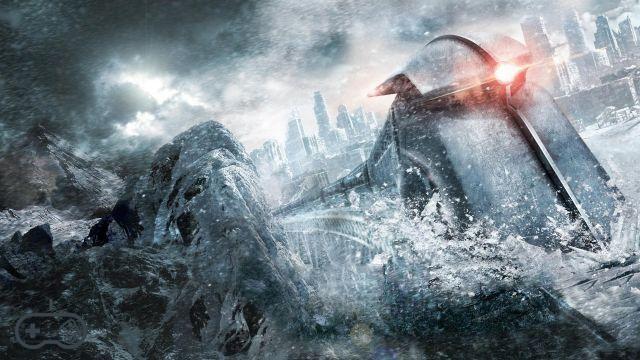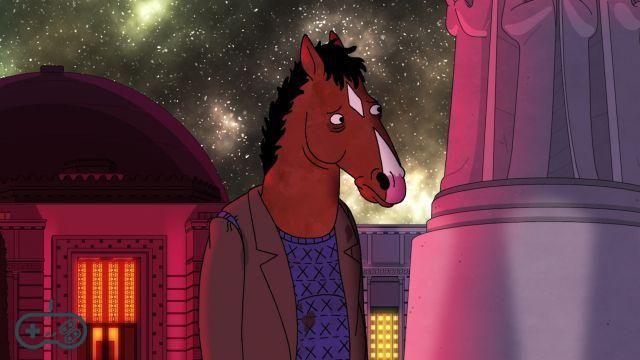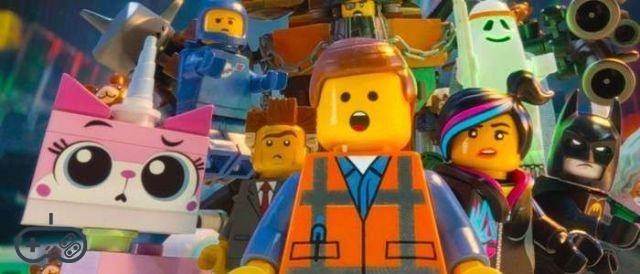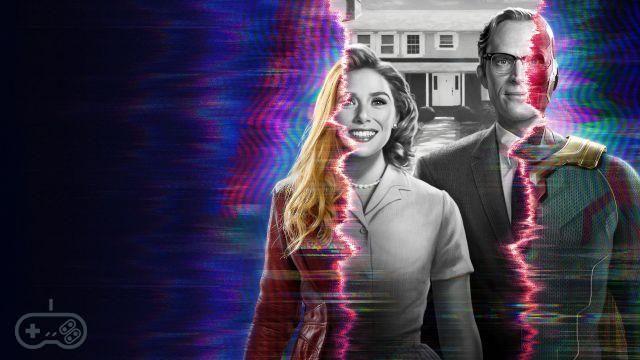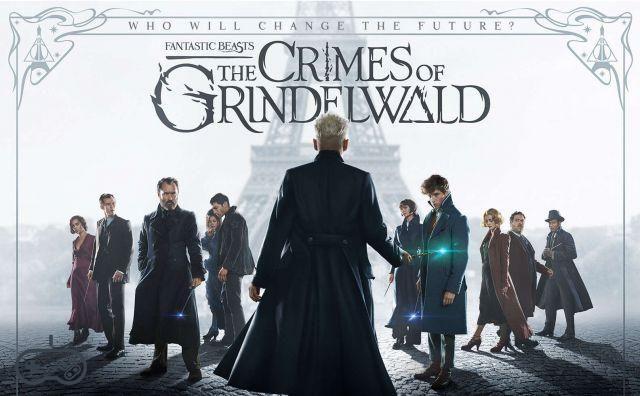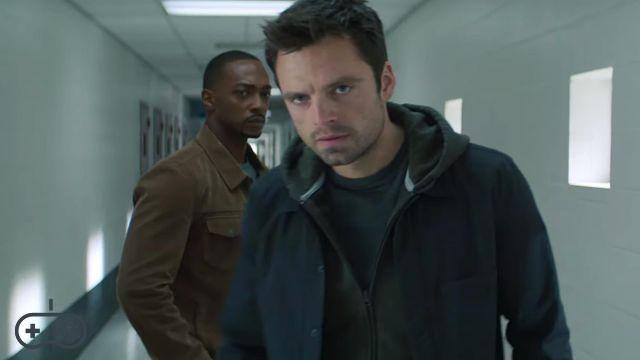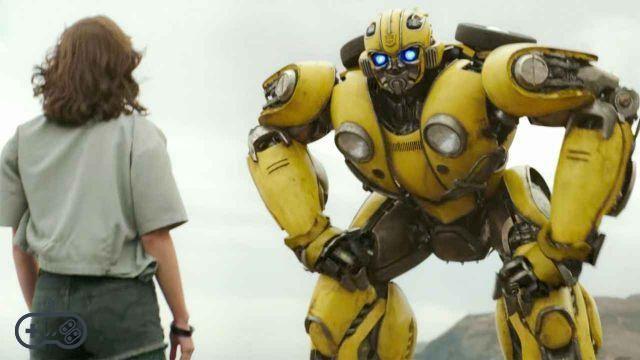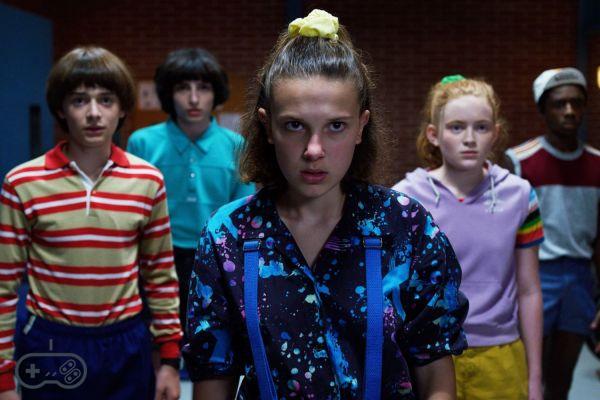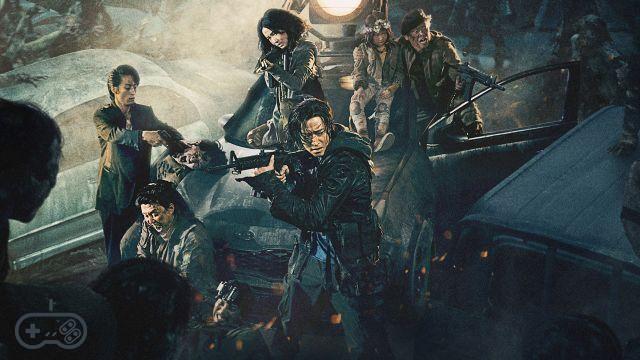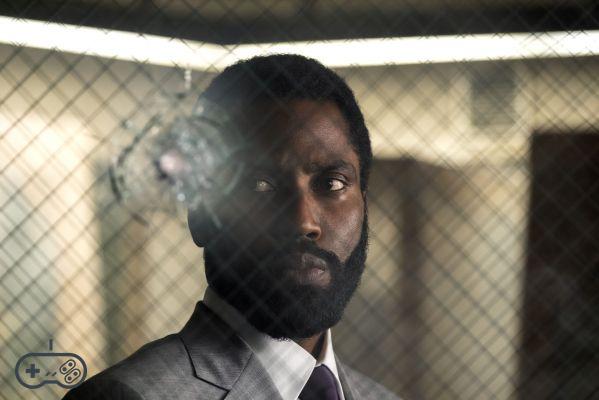
Il time and space: we know these two “units of measurement” very well. One allows us to define what surrounds us, the other instead marks the rhythm of our life. The interesting thing is that, although space is something modifiable, time instead flows in an inexorable way, without accelerations or decreases, constantly. Many works have tried to tell us about this Time: among all, Doctor Who immediately comes to mind, which for decades has offered an alien traveler of space and time, but we are now dominated by countless products that are all based on this. Time also brings paradoxes: it is difficult to play with timelines and the passage of time without risking to find plot conflicts. So if we remember Back to the Future or Terminator, we know that there are various types of temporal alterations: some sagas of The Flash have based on these ideas - often with some scientific basis - the whole heart of the story. There is so much time-related content that it would take a very long time (and a lot of genius) to find an innovative way to structure something on it. Fortunately, they exist Christopher Nolan and its Tenet.
History teaches
Tenet tells the story of a CIA agent (John David Washington), which will find itself facing an unparalleled global problem. In the cast appear, among many, too Robert Pattinson, Elizabeth Debicki, Elizabeth Debicki, Dimple Kapadia, Martin Donovan, Fiona dourif, Yuri Kolokolnikov, Himesh Patel, Clémence Poésy, Aaron Taylor-Johnson, Michael caine e Kenneth Branagh. Every single detail related to these characters could ruin the experience, so we will limit everything to the following paragraph.
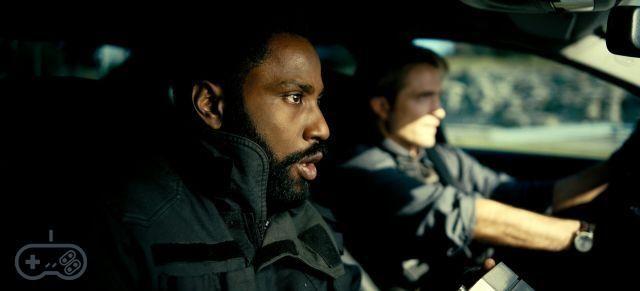
The plot is based on the concept of the classic Spy Story: a global risk, a world that does not know what the danger is and a race against time to save everyone. The protagonist of the film and Pattinson's character are the two characters who are most able to stand out from the crowd: we are not talking about excessively detailed characterizations, capable of making us empathize (as happens in Inception), but more an adrenaline-pumping, frenetic and relentless tale. The others, especially Branagh's, are instead the "classic" pawns of this kind of film, characters who use some clichés to advance the story: this gets worse in the female characters, with little impact on the film (even if in some the director recovers well). The secret that appears to be involved within this worldwide risk is about the inversion, that strange effect we saw in the trailer and which is certainly the most interesting thing to discover: this will be the real heart of the film, the uniqueness that allows Tenet to be something unique.
The weaving continues smoothly: time is an awkward protagonist to manage, but Nolan does it perfectly, innovating and renewing the idea we have of this. Forget most of the works that talk about this topic, because the way the director uses to insert it into the plot is brilliant. As far as complexity is concerned, Tenet is also part of those films to be followed closely, but it certainly presents itself as something less interpretative, more defined but always complex. The complexity, however, is not hidden behind the plot, which is very understandable and at most with some points that need to think more than necessary, but on what the director does to play with the viewer: many of the details, which perhaps the most attentive observers can skip to the eye, they will be real goodies that the director throws to those who are watching the film.
Versus
Basing a film on themes of this type requires a lot of special effects work: the interesting thing - which we can define only once we have seen the making of - seems to be linked to these. During the film, the only effect applied (excluding explosions and so on) is one “Simple” superposition of two video streams, one regular and one inverted. Every step, explosion, trampled puddle or bullet is in fact replicated in an inverted way to perfection, thanks to a work done on sending back some parts of the film. This dynamic reaches a couple of outstanding peaks (these are action scenes), making us doubt if what we are seeing is the result of a brilliant montage or true magic.
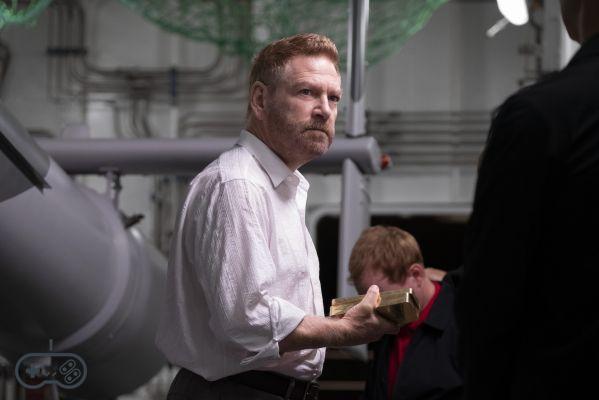
The real peculiarity of the film, however, remains undoubtedly the concept behind everything: it remains the fulcrum of the film and for this reason we will not ruin it, but certainly the way in which this inversion works, what the various characters will do with it and how it will be shown. on the screen they look amazing. The even more amazing thing is the result on the screen: it is difficult for films with fantastic special effects to generate such awe.
For the rest, we are in front of a Nolan film: Tenet does not try to be easy to understand, does not leave an instruction booklet to the viewer, and every now and then you will have to go and find some knot on your memory rope (or perhaps with a second vision). However, once you have learned the key and this "inversion", everything becomes clearer, physiologically leading you to a crackling finale, with interesting twists and an awareness at its climax of how this inversion works.
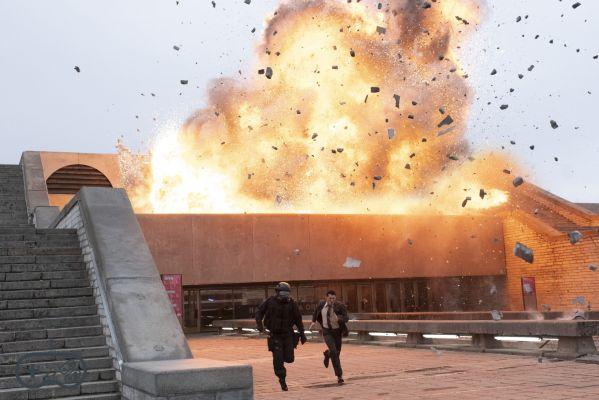
As explained above, Tenet is Nolan through and through: the film blends many genres, allows the viewer to be "subjugated" by the director's mind and expertly mixes many topics. Nolan is a master of time, he plays with it and maneuvers it like a puppeteer (although he still falls into the error of scientific explanations).
The magic of cinema
The fact of being back in the theater after several months has made its effect, but certainly reopening this tradition with a film like Tenet is definitely fantastic. Each photograph tells more than what the dialogues say, which in turn are shrewd, rich in humor so subtle that it tears a smile, and every single sound manages to touch you deeply (literally, the room vibrated in some scenes). It should also be emphasized the difference between clarity and understanding. We said that Tenet requires attention to be understood, but not for who knows what trick: the concepts it tells are simply deep, layered and require a good eye. On the other hand, every single part of the film is clear: the plot does not insert dead times, what you see on the screen (even when the camera is close) is positioned to be easily watchable and every dialogue, despite being well compressed in a film that does not wastes time and cuts all the unnecessary, uses simple words and easy concepts. In short, we are talking about a masterpiece of editing, something that is unlikely to be able to leave you speechless, whether you know something about how it works or not.
Finally, if we had to compare this Tenet with Nolan's other films (given his particular vision of cinema), this turns out to be less "sentimental" than Inception, more scientific at the Interstellar but without taking too long, and with a construction that, on several occasions, has shown some trace of Memento's DNA. There is much more to talk about, analysis to be done and parts of the film to be detailed: we will certainly do it separately. What Tenet demonstrates, among other things, is that there is no need to have a famous brand behind it, much less having to invent who knows what: you just need a well-made script, a group of phenomenal actors and the desire to want to snatch a dozen "wow ”To the spectators.





